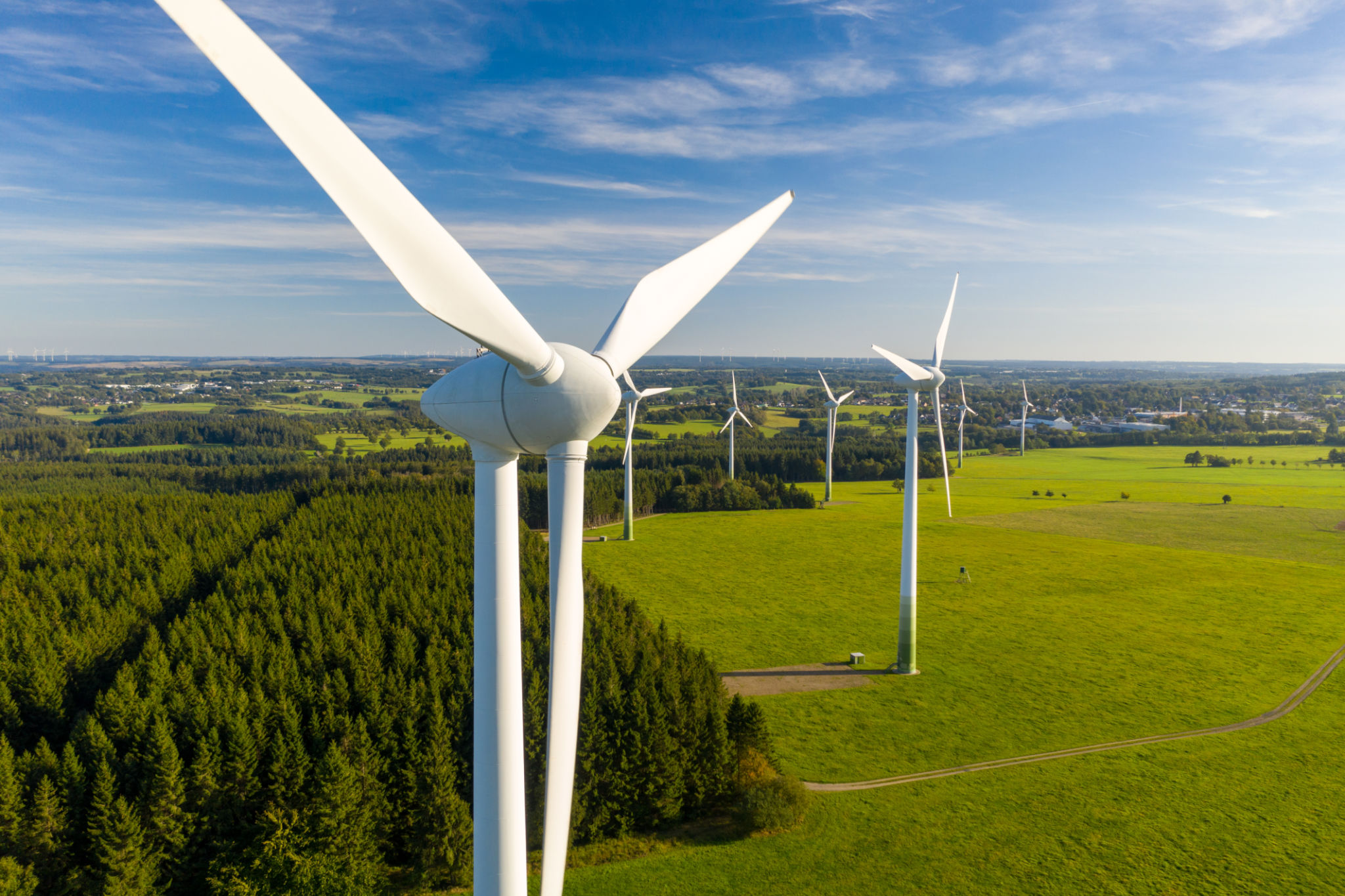A Case Study on Successful Sustainable Economic Models
Understanding Sustainable Economic Models
In recent years, the concept of sustainable economic models has gained significant traction as businesses and governments seek to balance economic growth with environmental stewardship and social equity. These models aim to meet the needs of the present without compromising the ability of future generations to meet their own needs. This blog post explores successful case studies that highlight the effectiveness of sustainable economic practices.

The Circular Economy: A Case Study of Amsterdam
Amsterdam has positioned itself as a leader in the circular economy, which focuses on reducing waste and making the most of resources. By 2025, Amsterdam aims to halve its use of raw materials by reusing materials and minimizing waste. This initiative includes projects in fashion, food, and construction, demonstrating how cities can transition from a linear to a circular economy effectively.
The city collaborates with various stakeholders, including businesses and residents, to implement innovative solutions. For example, Amsterdam has developed programs to recycle construction materials and promote the use of refurbished products. These efforts have resulted in economic savings while significantly reducing environmental impact.
Renewable Energy Initiatives in Denmark
Denmark is a prime example of how investment in renewable energy can drive sustainable economic development. The country has committed to becoming carbon neutral by 2050, primarily through wind energy. Denmark's wind farms supply nearly half of its electricity consumption, showcasing how renewable energy can be both economically viable and environmentally friendly.

This transition has not only reduced greenhouse gas emissions but also fostered job creation and technological innovation. The Danish model emphasizes the importance of government policy, public-private partnerships, and community involvement in achieving sustainable energy goals.
Agricultural Sustainability: The Case of Bhutan
Bhutan offers an intriguing case study in agricultural sustainability. The country has committed to becoming 100% organic in its agricultural practices. By eliminating chemical fertilizers and pesticides, Bhutan aims to preserve its rich biodiversity and promote healthy ecosystems.
Bhutan's focus on organic agriculture has enhanced food security and improved the livelihoods of farmers by increasing the value of agricultural products. This model highlights how sustainable agriculture can lead to economic development while protecting natural resources.

Lessons Learned from Successful Models
The success of these case studies underscores several key lessons for implementing sustainable economic models:
- Collaboration: Engaging multiple stakeholders, including governments, businesses, and communities, is crucial for success.
- Innovation: Embracing technological advancements and innovative practices can drive efficiency and sustainability.
- Policy Support: Strong policies and regulatory frameworks provide the necessary guidance and incentives for sustainable practices.
- Education and Awareness: Increasing public awareness and education about sustainability fosters a culture of responsibility and action.
Conclusion: The Future of Sustainable Economic Models
The case studies explored in this post demonstrate that sustainable economic models are not only feasible but also beneficial for both the environment and society. By prioritizing sustainability, cities, countries, and businesses can pave the way for a resilient future that values long-term ecological health alongside economic prosperity. As we continue to face global challenges like climate change and resource depletion, these models offer valuable insights into how we can build a more sustainable world.